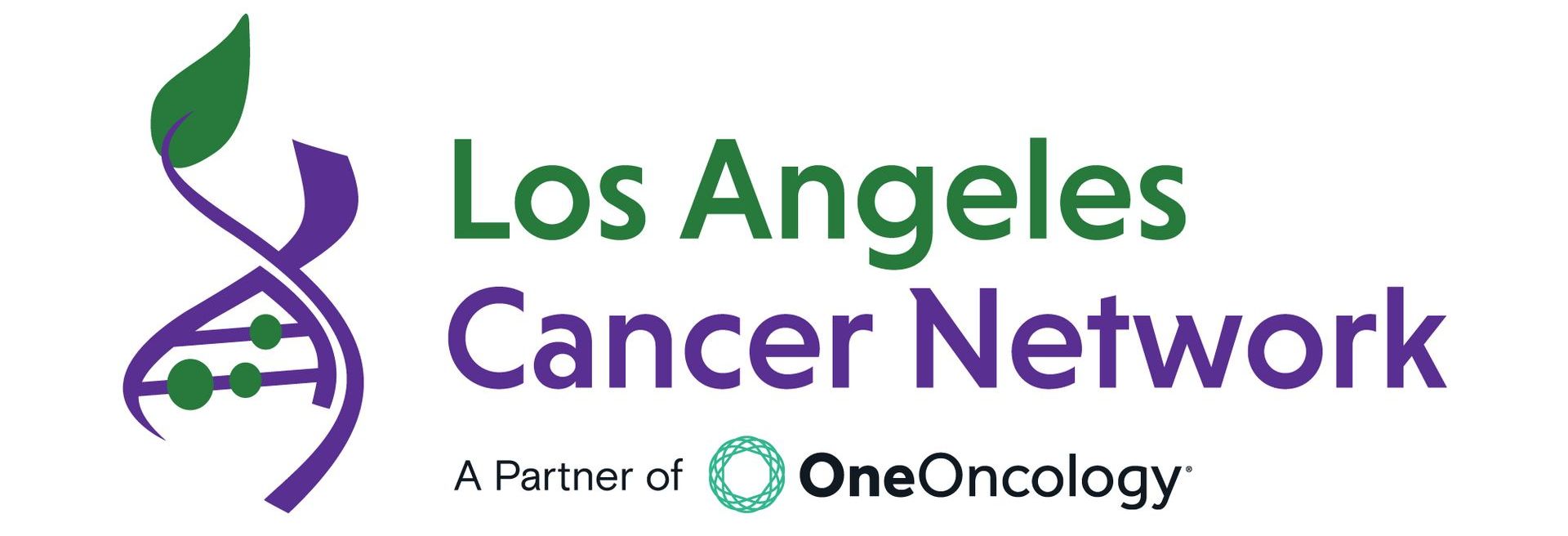Understanding Chemo Brain Causes, Symptoms, and Coping Strategies
Understanding Chemo Brain Causes, Symptoms, and Coping Strategies

Chemotherapy brain fog, commonly known as chemo brain, is a cognitive impairment that affects cancer patients undergoing cancer treatment. This condition can show itself as concentration issues, memory issues, and other mental health issues that interfere with day-to-day functioning.
Read on to explore chemo brain causes, symptoms, diagnosis, treatment options, and preventive measures.
Causes of Chemo Brain
The specific cause of chemo brain is not entirely understood. But several things could influence how it develops:
Chemotherapy Drugs
Certain chemotherapy medications have been associated with cognitive changes in patients. These drugs may impact brain function, leading to symptoms of chemo brain.
Hormone Therapy
Hormone therapy, commonly used in breast or prostate cancer treatment, can influence cognitive function. This treatment may affect brain regions crucial for cognitive processes, contributing to chemo brain symptoms.
Radiotherapy
Radiation therapy, another common cancer treatment, may also impact mental function. Fatigue and other side effects associated with radiotherapy can contribute to cognitive changes experienced by patients.
Psychological Factors
The emotional and psychological stress of a cancer diagnosis and treatment can play a significant role in mental impairment. Anxiety, depression, and fatigue are everyday experiences among cancer patients and may worsen the symptoms of chemo brain.
Physical Issues
Physical factors such as sleep disturbances and appetite changes can contribute to cognitive changes. For instance, anxiety and stress related to cancer treatment may lead to sleep deprivation, impacting cognitive function.
Symptoms of Chemo Brain
The symptoms of chemo brain can vary from person to person but may include the following:
- Memory problems including forgetfulness or trouble recalling information
- Difficulty concentrating or staying focused on tasks
- Slower processing speed, leading to delays in thinking and decision-making
- Difficulty finding the right words or expressing thoughts when talking
- Challenges with multitasking or managing multiple tasks simultaneously
- Decreased mental clarity and overall cognitive function
Diagnosis of Chemo Brain
Diagnosing chemo brain can be challenging as there is no specific test or imaging study to confirm the condition. Healthcare providers typically rely on a combination of patient-reported symptoms, medical history, and cognitive assessments to make a diagnosis. Blood tests may be conducted to rule out other medical conditions contributing to mental changes.
Treatment Options for Chemo Brain
While there is no cure for chemo brain, several treatment options may help alleviate symptoms and improve mental ability:
Cognitive Rehabilitation
Cognitive rehabilitation programs involve exercises and strategies designed to improve memory, attention, and other skills affected by chemo brain. These programs may be conducted by a neuropsychologist or other healthcare professionals trained in cognitive rehabilitation techniques.
Medications
In some cases, medications such as stimulants or antidepressants may be prescribed to help manage the symptoms of chemo brain. It is particularly useful if depression or anxiety is contributing to cognitive impairment.
Lifestyle Modifications
Adopting healthy lifestyle habits such as regular exercise, adequate sleep, and a balanced diet can support overall brain health and may help mitigate chemo brain symptoms.
Mindfulness and Stress Management
Practices such as mindfulness meditation, yoga, and deep breathing exercises can help reduce stress and improve mental clarity in individuals experiencing chemo brain.
Preventive Measures for Chemo Brain
While it may not be possible to completely prevent chemo brain, there are steps individuals can take to minimize their risk and manage symptoms:
Stay Active Mentally and Physically
Engage in activities stimulating the brain, such as puzzles, reading, and socializing. Regular physical exercise can also support cognitive function and overall well-being.
Maintain a Healthy Lifestyle
Eat a nutritious diet rich in fruits, vegetables, and whole grains, and avoid excessive alcohol consumption and smoking. Stay hydrated and limit caffeine intake, especially in the evening, to promote restful sleep.
Manage Stress
Practice relaxation techniques such as deep breathing, progressive muscle relaxation, or guided imagery to reduce stress and promote mental clarity.
Communicate with Healthcare Providers
Be open and honest with your healthcare team about any cognitive changes or concerns you may be experiencing. They can provide support, resources, and guidance to help you cope with chemo brain effectively.
Tips to Cope With Chemo Brain
Navigating through chemo brain can be challenging, but there are practical strategies you can employ to help cope with its effects:
Stay Organized
Keep track of your tasks by maintaining a daily to-do list with reminders. Place sticky notes in strategic locations around your home and office, and utilize reminders on your smartphone to help you stay on track.
Focus on One Task at a Time
Avoid multitasking, as it can increase distraction and make concentrating harder. Concentrate on completing one task at a time before starting the next.
Create a Supportive Environment
Identify environments that help you concentrate best. If noise and commotion are distracting, consider finding a quiet workplace space. Earplugs, noise-canceling headphones, or soothing music can also help create a conducive atmosphere.
Plan Ahead
Develop a clear plan for tackling your tasks, prioritizing them based on importance and urgency. Choose times of the day when you feel most alert and productive to work on demanding activities.
Stay Organized
Utilize calendars, planners, or digital apps to keep track of appointments and deadlines. Writing down tasks and commitments can alleviate worries about forgetting important information.
Manage Distractions
When distracting ideas come to mind, write them down on paper or in your planner to deal with them later. This can help you focus better and declutter your thoughts.
Take Regular Breaks
Break tasks into smaller, manageable segments, and schedule regular breaks to rest and recharge. Short breaks can keep work efficiency up and help avoid burnout.
Prioritize Self-Care
Remember to prioritize your physical and emotional well-being by doing the following:
- Eat regular, nutritious meals to maintain energy levels and focus.
- Aim for restful sleep each night to support cognitive function and overall health.
- Engage in mentally stimulating activities, such as puzzles, games, or learning new skills, to exercise your brain.
- Incorporate regular exercise into your routine to reduce stress and improve mood. Be sure to speak with your doctor before beginning a new fitness routine.
Chemo brain can be a challenging and frustrating side effect of cancer treatment, but with the right strategies and support, individuals can learn to manage its symptoms and improve their quality of life. If you or someone dear to you needs specialized support in dealing with chemo brain, our team at
LA Cancer Network is here to help.
Contact us to learn more.






















